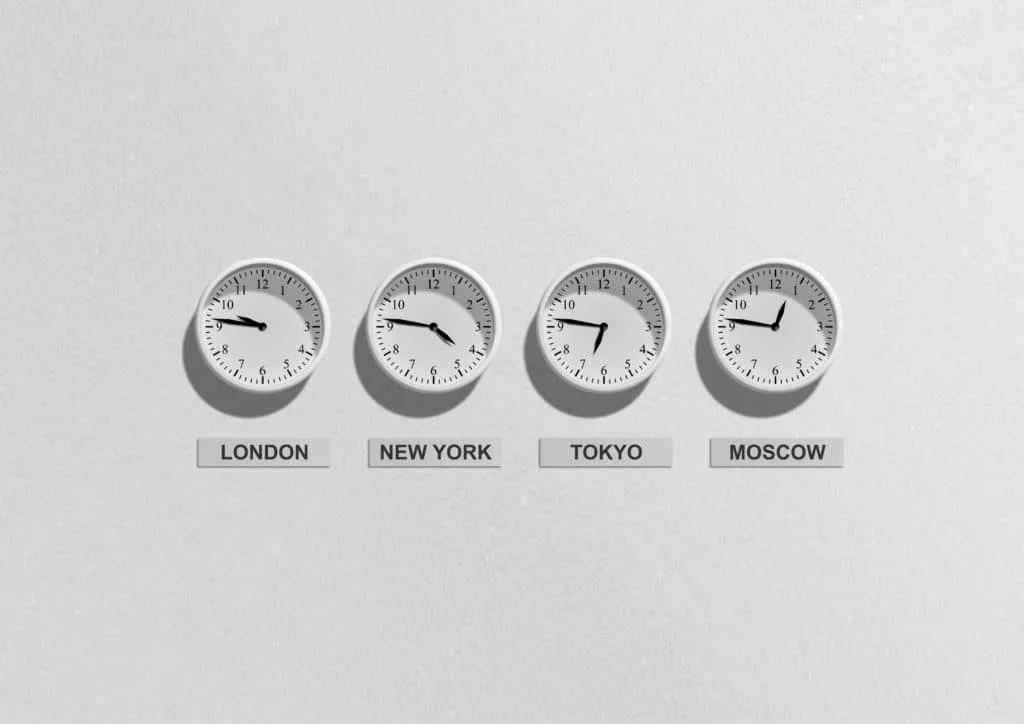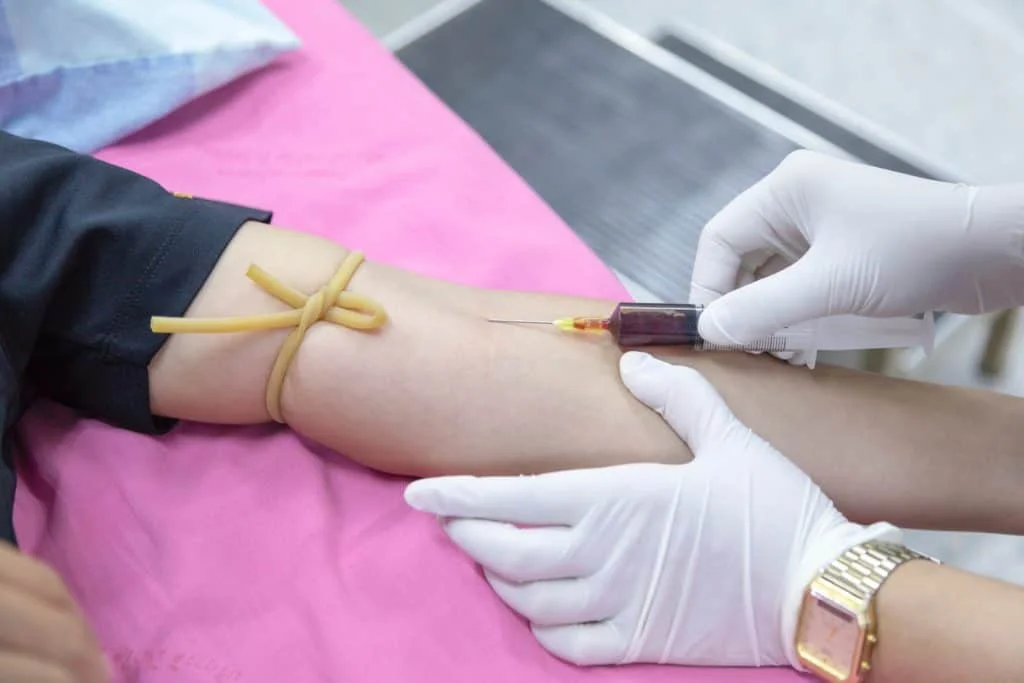Scientists have developed a blood test called TimeSignature, which could give insight into your body’s internal circadian rhythm.
To test its accuracy, researchers conducted a study that prototyped their algorithm’s methodology. Due to the encouraging results, they recently filed a patent for the blood test.
The study tested TimeSignature’s machine-learning algorithm, which looks for certain gene patterns that determine what time your internal clock thinks it is. Researchers took blood samples from three separate studies and data from 11 in-lab patients. “Biomarker studies work well in the setting they’re developed in, but can become inaccurate once moved outside the lab,” study author and computational biologist Rosemary Braun explained to me over the phone. To mitigate this risk, the team diversified their blood samples.
Overall, researchers examined 20,000 genes in the body — and discovered 40 that were more likely to turn on at certain times of day based on a person’s internal clock.
Note: The content on Sleepopolis is meant to be informative in nature, but shouldn’t be taken as medical advice or take the place of medical advice from a trained professional. Consult with a qualified medical provider before modifying your child’s existing sleep routine. If you feel you or your baby may be suffering from any sleep disorder or medical condition, please see a healthcare provider.

The test itself requires two blood draws and measures these 40 different gene expression markers to accurately reveal the time inside your body. For example, TimeSignature can tell if your internal watch thinks it’s 6 am even if it’s actually 8 am.
“Our findings drove home how fundamental the clock is to our biology — right down the cellular level,” Braun proclaims.
Bedroom Blood Tests — Does It Matter?
Due to the study results, Braun explains that TimeSignature can be generalized and theoretically “picked up and used by anyone.” If you could pick one up and use it, would you? How important is it to know what time your body thinks it is?
Better understanding your internal clock can be quite useful, as one’s circadian rhythm controls a variety of processes in the body. “It’s not just when you feel tired,” Broan asserts. “Our circadian rhythm controls our digestion, blood pressure, body temperature, and more. It’s a critical component of the body and is tightly related to our health.”
If there’s a misalignment between your internal watch and the actual time, you could be at risk for symptoms as commonplace as daytime drowsiness to more serious health problems like heart disease and Alzheimer’s. Plus, it’s estimated 7-16% of people have delayed sleep phase syndrome (DSPS), a common disorder where the body has trouble falling asleep and waking up at a “normal” time.
If doctors know you’re out of sync, they can predict and treat conditions associated with circadian rhythm disruption.

Sleep Science: Nature vs. Nurture
Study co-authors admit the road from research product to commercial product is a long one, and it will be awhile before TimeSignature might show up at our doctor’s office. Luckily, it’s important to remember our own actions can also “realign” our internal clock, regardless of any lab test result.
“You can absolutely do your own work to realign internal rhythms to your own social and professional lifestyle, remarks coauthor and neurologist Dr. Phyllis Zee. “Misalignment simply means your internal clock is out of phase with that of your own environment.”
If you’re having trouble falling asleep, or simply feel tired throughout the day, Zee recommends trying things like avoiding food right before bed and keeping screens out of the bedroom. By doing so, we can take action into our own hands — and maybe our own genes, too.


























